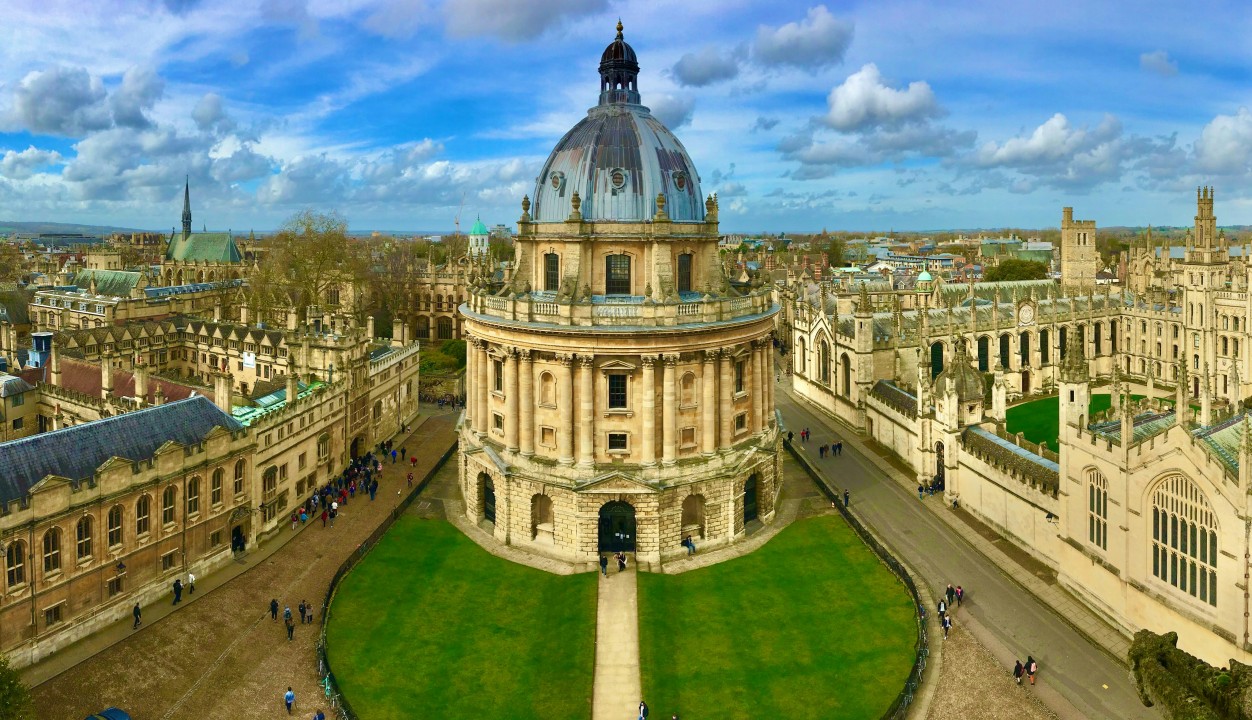The Ivy League represents a group of eight prestigious universities in the northeastern United States known for their rich histories, academic excellence, and selective admissions processes. The universities that make up the Ivy League include Harvard University, Yale University, Princeton University, Columbia University, Brown University, Dartmouth College, University of Pennsylvania, and Cornell University.
History and Evolution
The roots of the Ivy League institutions date back to colonial times, with many founded before the American Revolution. Harvard University, established in 1636, is the oldest institution of higher learning in the United States and served as a model for subsequent Ivy League universities. Over the years, these universities have evolved from religious seminaries into comprehensive research institutions that shape global academia and policy.
Academic Excellence
One of the hallmarks of Ivy League universities is their commitment to academic rigor and innovation. Each university boasts a distinguished faculty, state-of-the-art facilities, and a rigorous curriculum across various disciplines. Students benefit from small class sizes, extensive research opportunities, and access to leading scholars in their fields, fostering intellectual growth and scholarly achievement.
Selectivity and Admissions
The Ivy League is renowned for its highly selective admissions process, which considers not only academic achievements but also extracurricular activities, leadership potential, and personal qualities. Admission rates are typically low, with thousands of qualified applicants vying for limited spots. This competitiveness underscores the universities’ commitment to admitting students who demonstrate exceptional promise and a dedication to contributing positively to their communities.
Campus Life and Traditions
Beyond academics, Ivy League universities offer vibrant campus communities enriched by a wealth of extracurricular activities, cultural events, and traditions. From spirited sporting rivalries to academic symposia and cultural festivals, these institutions provide students with opportunities to engage deeply with their peers and immerse themselves in diverse learning experiences. Each university has its own distinct traditions, such as Princeton’s “P-rade” or Harvard’s “Primal Scream,” which foster a sense of community and pride among students and alumni.
Alumni Networks and Influence
The Ivy League boasts a powerful network of alumni who have made significant contributions to various fields, including politics, business, academia, and the arts. Graduates of these universities often enjoy access to exclusive career opportunities and mentorship programs, leveraging their alma mater’s reputation and connections to advance their careers and make a positive impact on society.
Challenges and Criticisms
Despite their prestigious reputations, Ivy League universities face scrutiny and criticism regarding issues such as affordability, diversity, and admissions fairness. Critics argue that the high cost of attendance and limited financial aid options can perpetuate socioeconomic disparities. Additionally, debates surrounding affirmative action policies and diversity initiatives continue to shape discussions about equity and access within these institutions.
Conclusion
In conclusion, Ivy League universities—Harvard, Yale, Princeton, Columbia, Brown, Dartmouth, University of Pennsylvania, and Cornell—stand as pillars of tradition and excellence in higher education, offering students unparalleled academic opportunities, vibrant campus communities, and a gateway to influential alumni networks. While they face challenges and criticisms, their enduring commitment to scholarly achievement and societal impact ensures their continued prominence in the landscape of global education.
Exploring Ivy League universities reveals not only their historical significance but also their ongoing contributions to shaping the leaders and innovators of tomorrow. As beacons of academic excellence, they continue to inspire and attract students from around the world who seek to engage deeply with knowledge and make a meaningful impact on society.
